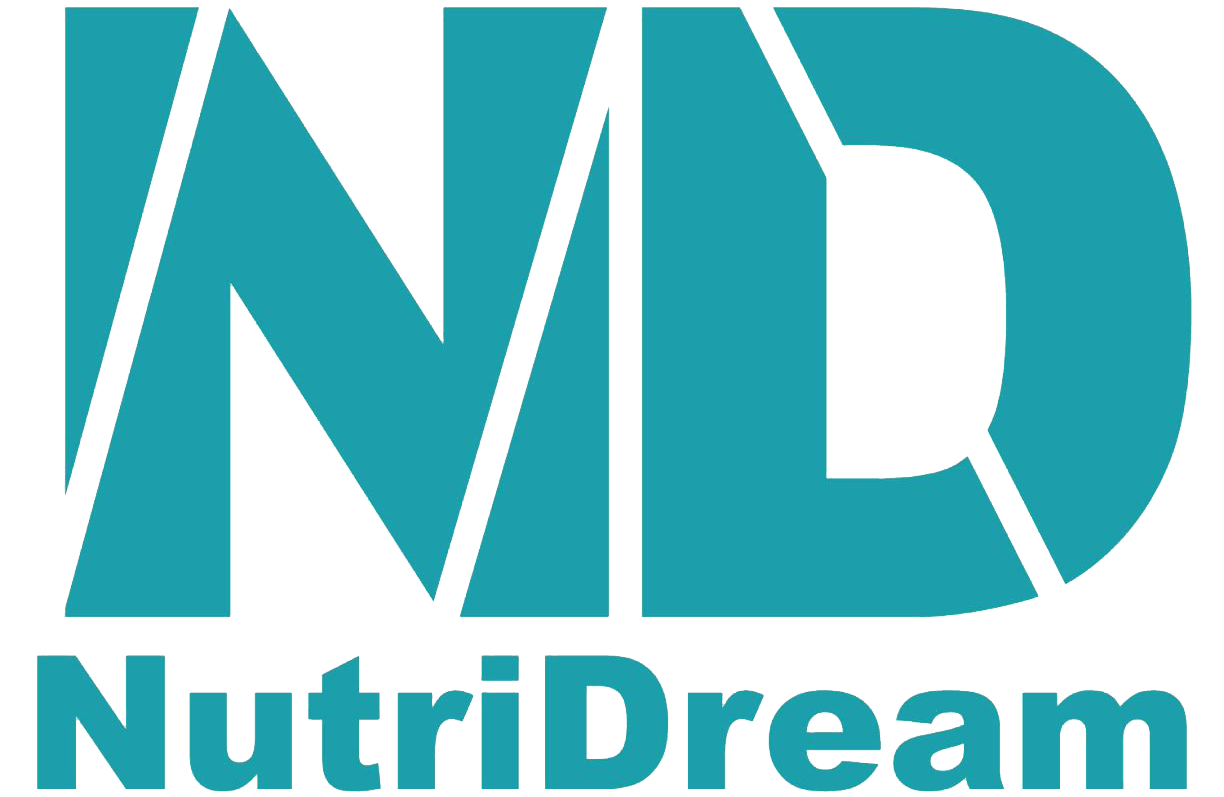The Sun Vitamin – helpful all year round!

The Sun Vitamin – helpful all year round!
Vitamins are nutrients that the body is unable to synthesize on its own. Therefore, they should be obtained from food or, if this is not possible, taken as a food supplement. Vitamin D is slightly different in nature than other vitamins. Namely, the body is able to synthesize it itself using UVB radiation (shorter ultraviolet rays that reach only the surface layer of the skin).
Vitamin D – what and why?
Vitamin D is a fat-soluble vitamin that:
• participates in the metabolism of calcium and phosphorus, helping to absorb calcium and keep calcium and phosphorus levels normal – this is important for the development and function of bone tissue and teeth;
• supports the immune and nervous systems and the brain;
• contributes to the metabolism of glucose in the body;
• Supports muscle function, including myocardial function, in collaboration with calcium.
Where does our body get the vitamin D it needs to live?
Good sources of vitamin D are fish oils, eggs, vitaminized dairy products and fatty fish (salmon, tuna, sardines). You can also get the daily amount of vitamin D you need by staying outdoors for about 30 minutes on a sunny day. Here, however, you should be careful not to do too much skin on the sun. Protective cream should be used when exposed to the sun for extended periods of time.
When should I take more vitamin D?
The need for Vitamin D supplementation also varies depending on latitude. In Estonia, it is recommended to consume Vitamin D from September to April and in many cases also in the summer months, because Estonian summers are often not the sunniest and people do not spend enough time outdoors.
Who has a higher risk of developing vitamin D deficiency and with what factors?
Skin tone. People with darker skin are more likely to suffer from vitamin D deficiency, as their vitamin D production can be up to five times lower than people with lighter skin tone.
Advanced age. Older people also have a higher need for vitamin D, as their vitamin D production has been slower and their effectiveness has decreased (65-year-olds have quadrupled compared to 20-year-olds). Aging is also often accompanied by bone thinning, in which calcium and its absorption play an important role in slowing it down, which in turn is facilitated by vitamin D.
Young age. It is also important to give vitamin D to babies and babies, as they are less exposed to the sun and their delicate skin needs to be better protected from the sun. Vitamin D is also necessary for the normal development of a growing organism.
Vegetarianism. Vitamin D deficiency can also occur in vegetarians who consume a lot of fiber but are low in calcium in their diet.
Pregnancy. Breast-feeding mothers and pregnant women must also provide calcium to the newborn or expectant baby, but the absorption of calcium depends on the amount of vitamin D in the body.
Obesity. Because vitamin D is fat-soluble, it can be stored in adipose tissue and lose its effect in people who are overweight.
Sport. Athletes who train a lot indoors should take vitamin D because they are less exposed to the sun and the body spends more effort.
What are the symptoms of vitamin D deficiency and how do I know if my vitamin D levels are below normal?
The recommended blood vitamin D level is considered to be> 75 nmol / l. In most cases, a person does not even know that his or her vitamin D levels in the blood are below normal because there are no specific symptoms. Vitamin D levels can be checked with a simple blood test at a GP surgery, some larger pharmacies or clinics that offer paid tests.
How much vitamin D should you take and what amount would already be in excess?
The recommended daily dose for adults is at least 400 IU (units of activity) if the body’s vitamin levels are above a healthy value (> 75 nmol / l). To keep vitamin levels stable, 1000 to 2000 IU of vitamin D per day should be taken. The maximum daily safe amount is considered to be 4000 IU (100 ug). Certainly not take large amounts of vitamin D (more than 4,000 IU) without consulting your doctor and finding the right doses. Excessive consumption can lead to calcium deposition, the symptoms of which are weakness, nausea, and the like. The exact daily requirement can be determined by measuring the amount of vitamin D in the body. The measurement results indicate whether it is necessary to maintain or increase the level or whether there is a stronger deficit that needs to be treated.
The article is based on the following sources:
- Medical News Today (2019). What are the health benefits of vitamin D?
https://www.medicalnewstoday.com/articles/161618#_noHeaderPrefixedContent. - Harvard Health Publishing (2019). Taking too much vitamin D can cloud its benefits and
create health risks. https://www.health.harvard.edu/staying-healthy/taking-too-much-vitamin-d-can-cloud-its-benefits-and-create-health-risks.
Mayo Clinic (2020). What is vitamin D toxicity? Should I be worried about taking supplements?
https://www.mayoclinic.org/healthy-lifestyle/nutrition-and-healthy-eating/expert-answers/vitamin-
d-toxicity/faq-20058108. - National Institutes of Health (2020). Vitamin D.
https://ods.od.nih.gov/factsheets/VitaminD-HealthProfessional/.













